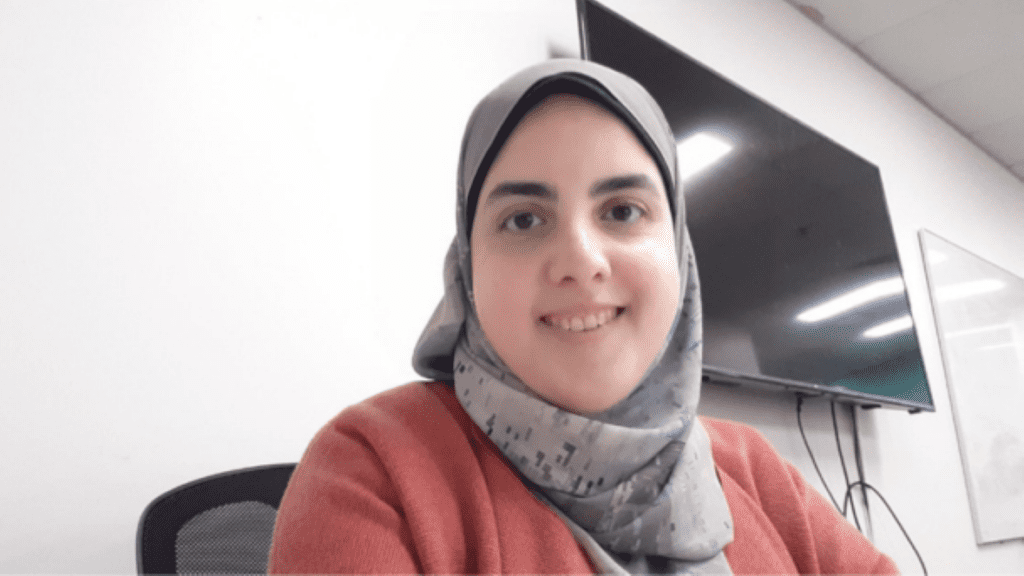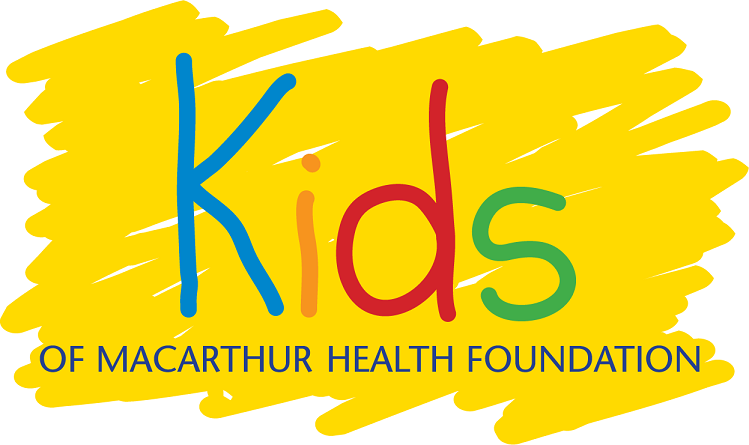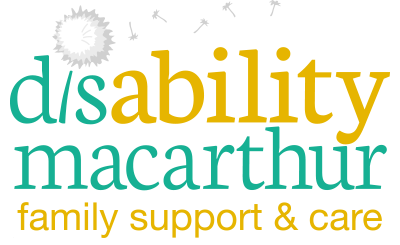
The theme for this year’s Volunteer Week (19-26 May) is “something for everyone’’.
But more importantly it shines a light on remarkable stories of migrants like Shereen Abdelaal, pictured above, whose efforts highlight the positive impact of giving back, on both local communities and volunteers themselves.
Shereen Abdelaal (pictured above), originally from Egypt, came to Australia in 2006 with her partner and settled in South West Sydney.
Before migrating Down Under, Shereen had studied English for a number of years, earning a bachelor of arts degree.
“When I came here, I got busy to establish my family for nearly 12 years and during that time I was just working as a community language teacher in Saturday schools and I had no idea about how I could use my degree to work in Australia,” says Shereen.
After going through the challenging process of starting over, Shereen sought to use the knowledge of her own experience to support other migrants on the same journey.
She joined Navitas Skilled Futures as a volunteer tutor, as part of the Volunteer Tutor Scheme (VTS) within the Adult Migrant English Program (AMEP).
AMEP is an Australian Government funded program to help eligible migrants and humanitarian entrants improve their English language skills and settle into Australia.
The VTS offers one-on-one assistance to AMEP participants to support their English learning. Individuals from all walks of life are able to volunteer their time to the scheme.
“Coming to Australia, I saw a chance to redefine my role within this new community,’’ Shereen says of her experience supporting students through the VTS.
“My journey began with teaching English to speakers of other languages, particularly helping those who faced significant barriers such as language differences.”
The challenges Shereen’s students faced were profound, from learning the basics of the English alphabet to understanding how to access settlement support within their community.
“They had no idea, nothing. Even something as simple as the pronoun ‘it’ was a new learning curve,’’ says Shereen.



